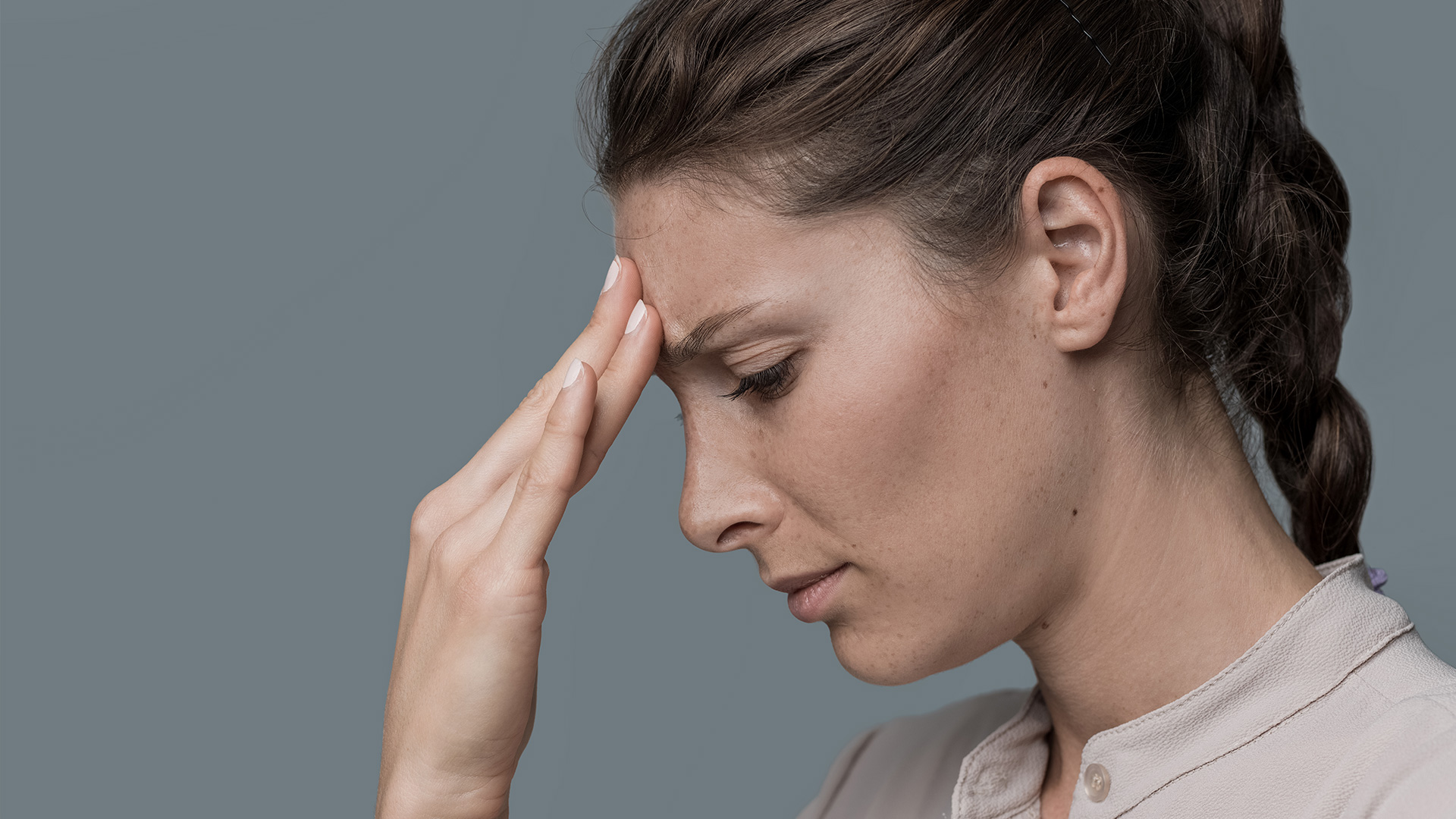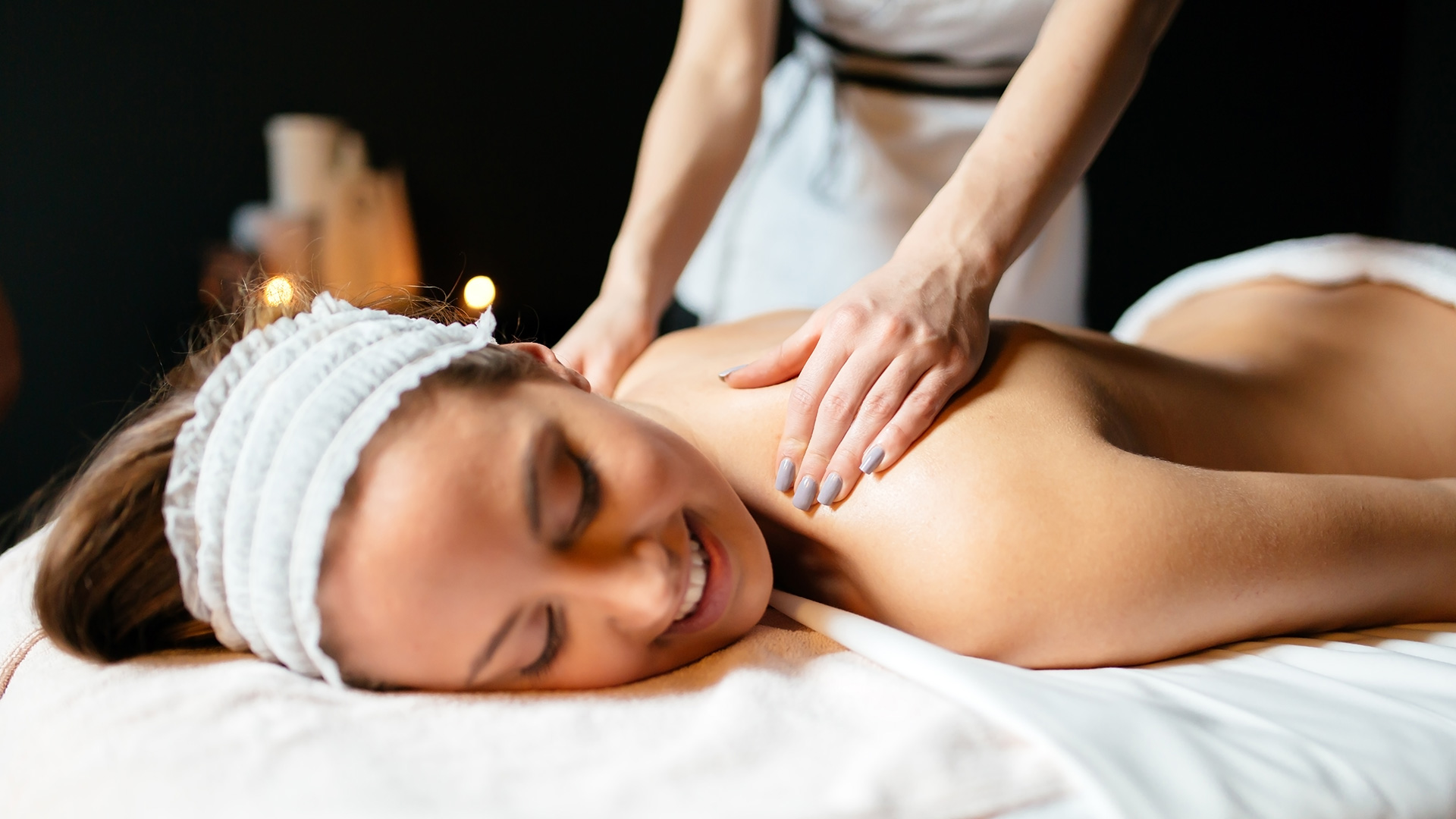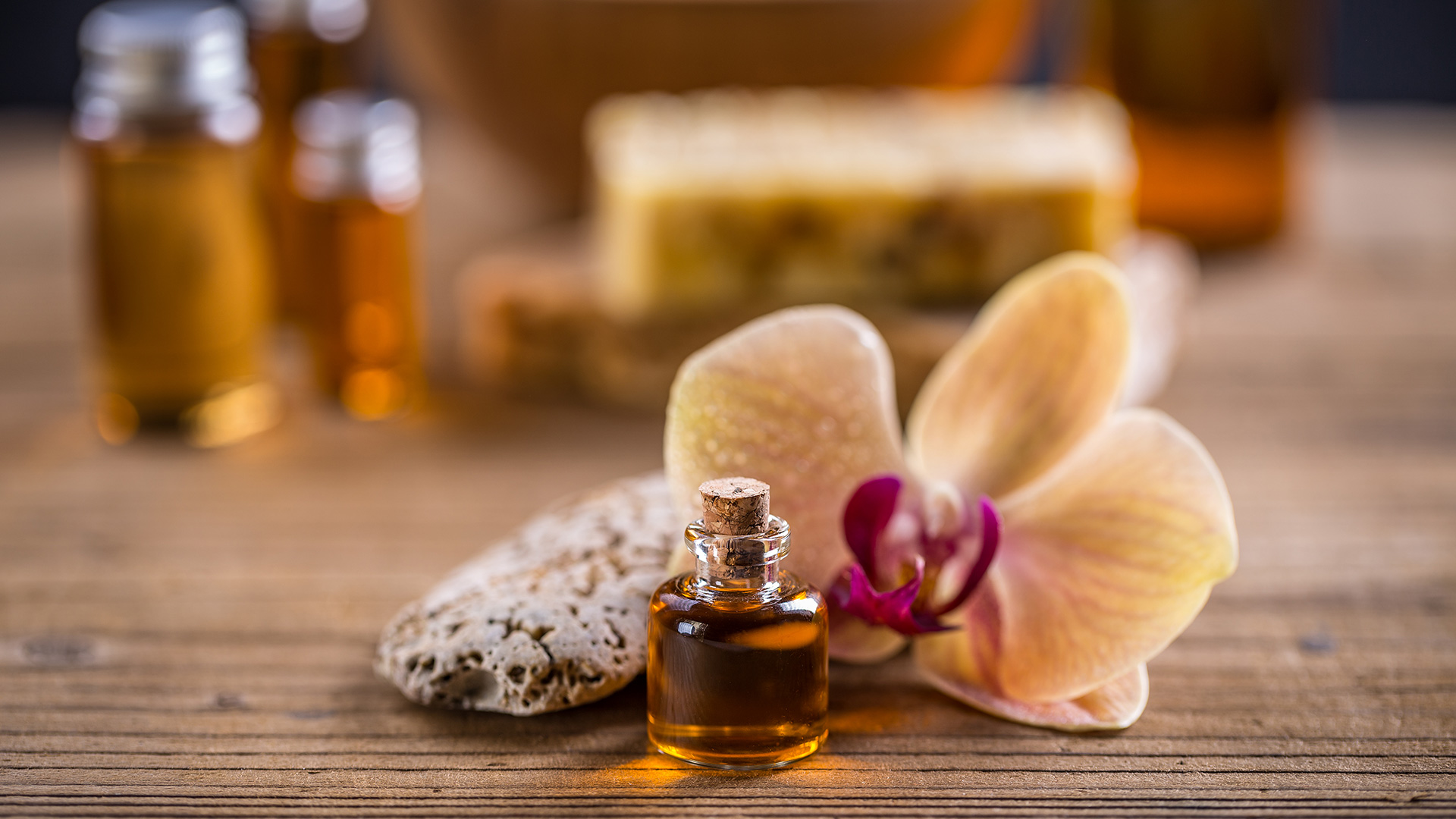Why must we hurt our Sex Lives when we can be the master of our Sexual Destiny?
In a random phone survey, 1,000 Asians between the ages of 24 and 65 were asked what hurt their sex lives the most. Stress came first – before kids, work, health problems, boredom, money problems, and inexperience. 25% of men and 28% of women said stress was the most to blame for their dampened ardour.

Stress is the disruption of homeostasis through physical or psychological stimuli. Stressful stimuli can be mental, psychological, anatomical or physical reactions. We all face demands in our life that cause stress. We respond to stress through our autonomic nervous system and we can also learn to calm down our nervous systems.
Stress disrupts female libido by affecting women’s hormone levels, which in turn can inhibit sexual desire. For men, physical and psychological stress immediately triggers a drop in testosterone levels.
Stress can also undermine sexual performance by contributing to impotence or premature ejaculation. In general, problems with erections are more disruptive than problems with testosterone secretion. The erectile component is exquisitely sensitive to stress in an incredible variety of ways. Stress also wreaks havoc on your love life. Of, at the end of the day, you feel tense, tired or anxious, you might perceive your loved one’s sexual desire for you as just one more unwanted demand on your time and attention. Stress and its related effects are some of the most common causes of impotence in men and lack of sexual response in women.

So, it is no wonder that our sexual lives need protection from the relentless stress of modern life. Experts agree that sharing domestic duties, carving out private time, turning down extra projects at work, and cherishing our relationships can go a long way towards rekindling the flames. Sex provides physical and emotional benefits. Learning stress management benefits a healthy sex life.
Here are some of the techniques which you can adopt to and adopt in order to have a happy and enriching sexual life.
Deep Breathing: Fool-Proof Steps for Relaxation

To understand the mechanics of deep breathing – the most common breath used in yoga – take a look at a sleeping baby. Watch her abdomen rise effortlessly on the inhale and fall on the exhale. This is our natural, inborn way of breathing. Realise that you have known this way of breathing and it is preserved in your cell memory. If you have forgotten how, here is your chance to retrain yourself.
This deep, relaxed type of breathing relaxes your body, oxygenates your blood and reduces the stress you feel. It can help you relax by easing muscle tension, slowing your heart rate, and lowering your blood pressure. As little as five minutes of deep breathing a day can help you feel more calm, refreshed and alert. Practicing deep breathing can help you reduce anxiety, conserve energy, relieve muscle tension, and improve your sleep and concentration.
Sense of Touch- Humans need to be touched, beginning at birth and all throughout life.

One of the best ways of discharging stress and staying happy and healthy is by having massage, Massage is rubbing, kneading, tapping or otherwise manipulating the soft body tissue with the hands or with some instrument designed for this purpose. Massage relaxes tense muscles, eases stress, relieves pain and can help you get to sleep.
Like acupuncture, massage therapy originated in China about two thousand years ago. From there, it travelled to India and took on a more sensual image. This is where the Hindu Tantric massage originated. Massage therapy travelled on across the land to Ancient Greece where it was used as a remedy for many ailments, especially those related to athletic sports that were so popular. Even Hipprocrates, the father of medicine, used massage therapy in his practice. From Greece to Rome and on to Persia, massage is now practiced globally.
Some people think that massage therapy is only for relaxation and that it’s really just a luxury, but that is not entirely true. Massage therapy will definitely relax you, but there is so much going on physiologically during a massage that you’ll really be surprised at the many benefits you can receive. During massage therapy, your parasympathetic nervous system is activated. The parasympathetic nervous system is the counterpart to your sympathetic nervous system – your fight or flight response. When your parasympathetic nervous system is active, your body goes into a relaxed state; your heart rate, respiration, and blood flow to the muscles slow down. This gives the body a chance to de-stress on a physical level.

When the body stays in a state of constant stress (you may not realise it, but even just daily work stress can activate the body’s sympathetic nervous system), it will eventually break down. Stress-related diseases are common and massage therapy, combined with a good diet and exercise, will definitely decrease your chances of developing those diseases. One of the many health benefits you receive through massage is the elimination of toxins This occurs through the movement if blood and lymph during the massage.
Lastly, complete your shoulder massage with delightful, soft, feather like touches of your fingertips to bring a tingle to the skin and stimulate its senses. Run your fingertips in light, flowing strokes, first down the neck and across the shoulders, and then down the back.
